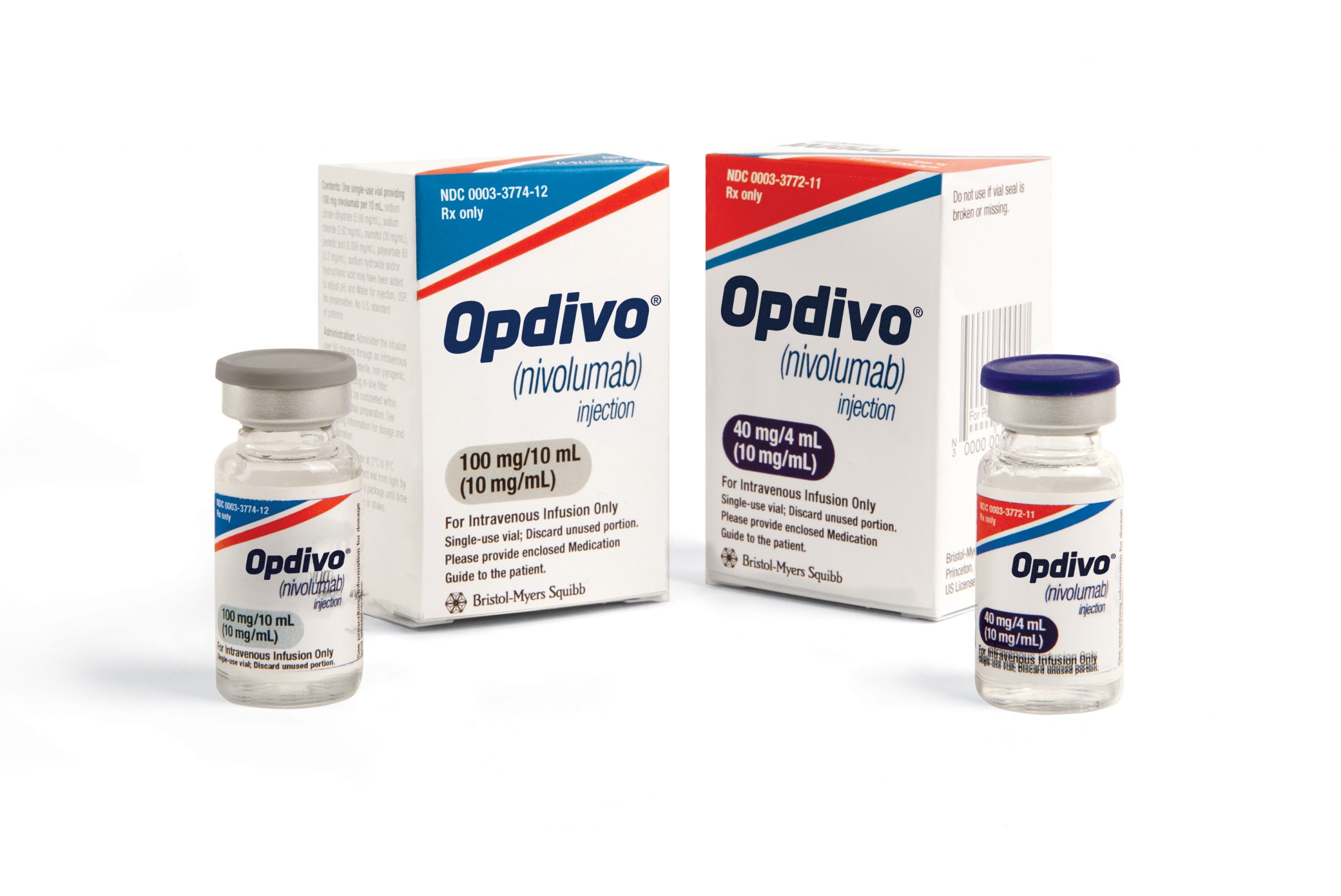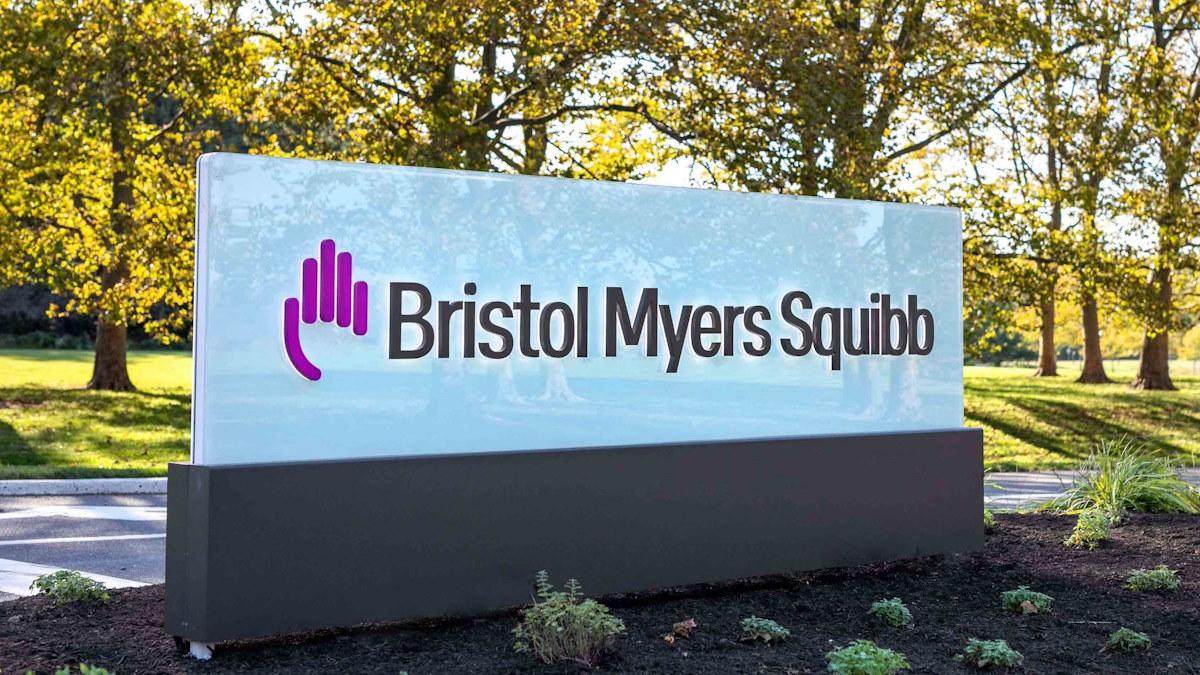BMS eyes August FDA verdict for Opdivo/Yervoy in first-line lung cancer

Bristol-Myers Squibb is trying again to get approval for its checkpoint inhibitor combination of Opdivo and Yervoy in previously-untreated non-small cell lung cancer (NSCLC), which right now is dominated by Merck & Co’s Keytruda.
The FDA and EMA have started reviews of PD-1 inhibitor Opdivo (nivolumab) and a low-dose of CTLA4 inhibitor Yervoy (ipilimumab) – alongside chemotherapy – in first-line NSCLC patients without EGFR or ALK mutations.
BMS has also claimed an FDA priority review for the application, setting up a decision by 6 August, barring any delays. It is based on the results of CheckMate-9LA, a study which showed that the regimen improved overall survival compared to chemo alone.
The FDA decision could come shortly after another verdict for the combination – this time without chemo – in first-line NSCLC that is due 15 May.
That filing is underpinned by one arm of the CheckMate-227 trial, which failed to show an improvement in survival versus chemo in its main endpoint, but did show a significant benefit in one group of patients whose tumours expressed more than trace levels of the biomarker PD-L1.
“Despite treatment advances, there remains a serious unmet need for additional innovative treatment options for lung cancer patients globally,” said Sabine Maier, BMS’ development lead for thoracic cancers.
She added that the company wants to bring “the first and only dual immunotherapy plus limited chemotherapy regimen to patients as soon as possible.”
If BMS does manage to get a first-line NSCLC indication for its checkpoint inhibitors it will be the culmination of a long-running effort, punctuated by multiple failures.
Opdivo failed as a monotherapy for first-line NSCLC back in 2018 in CheckMate-026, allowing Keytruda (pembrolizumab) a free run at the checkpoint inhibitor end of the market.
BMS then changed tack, starting studies that relied on a biomarker called tumour mutational burden (TMB) – including CheckMate-227 and CheckMate-9LA – to try to get the programme back on track in previously-untreated NSCLC patients.
Pushback against TMB as an endpoint resulted in the company pulling regulatory filings for Opdivo/Yervoy in the US and Europe, however, allowing still more time for Merck to consolidate its position.
Its new filings downplay the TMB data from the studies, but the biomarker isn’t dead yet. Just this week, the FDA started a priority review of Keytruda in cancers with high TMB, regardless of where they occur in the body, based on data from the ongoing KeyNote-158 trial.
If BMS can get approval for its combination, it may finally start to eat into Keytruda’s multibillion-dollar sales in NSCLC, although it’s not yet clear whether the addition of chemo to the Opdivo/Yervoy regimen in CheckMate-9LA provides a compelling enough increase in efficacy to displace Merck’s drug.
That will likely depend on the size of the improvement in survival versus Keytruda plus chemo, the tolerability of the triple regimen and its cost, and none of that data is available yet.













